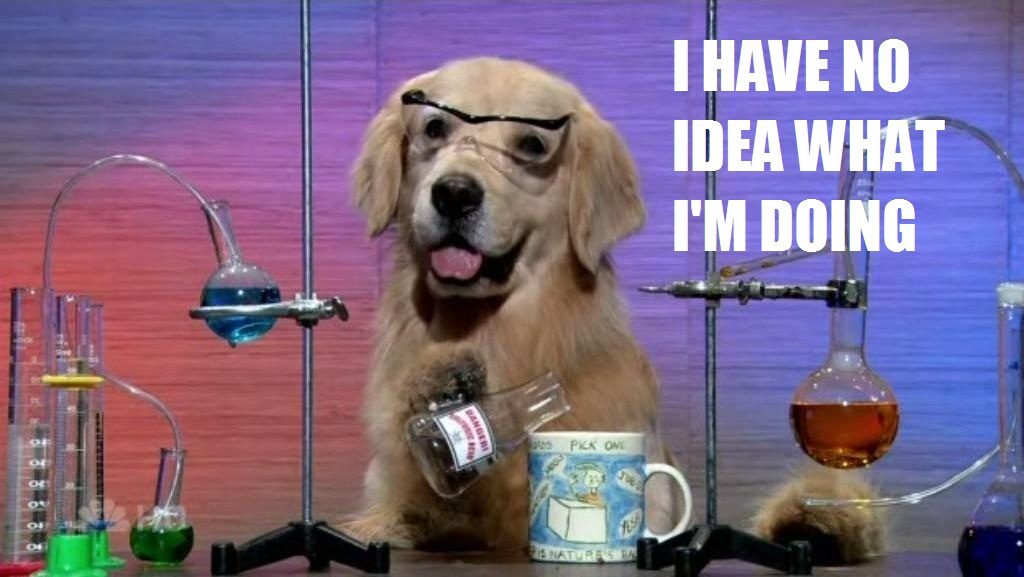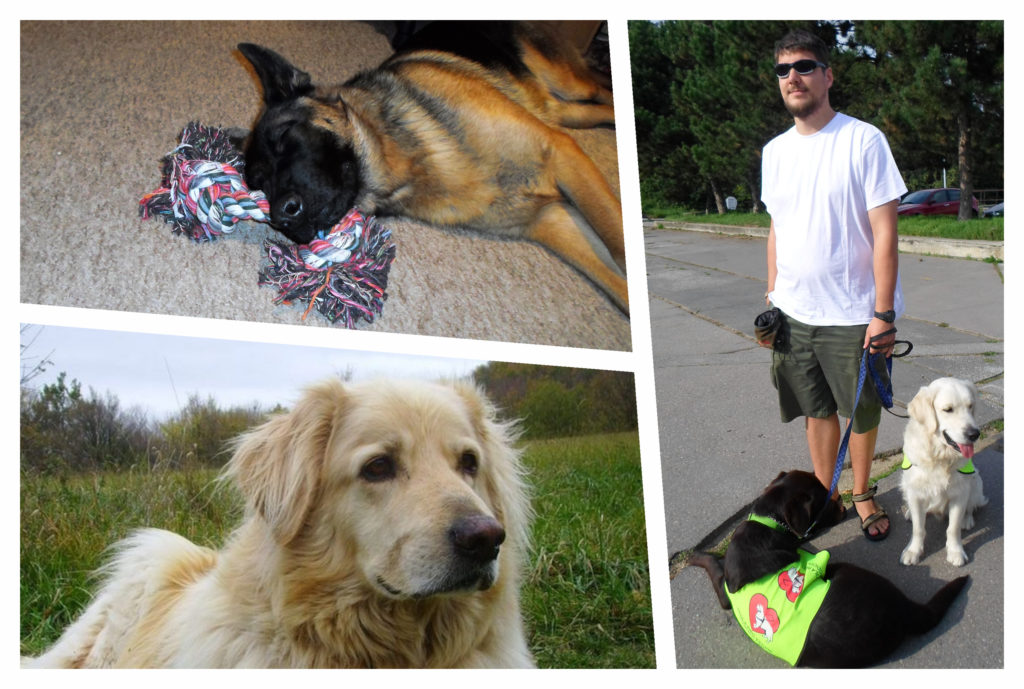There are many dog training techniques, tools, scientific facts, opinions, and beliefs. Consequently, there are many schools of thought with more or less radical worshipers disagreeing among each other on topics like for example dominance theory, using of aversives or using of food rewards in training. On this page, I would like to talk about my point of view and lessons I learned on my way by now.
 1. I do not consider myself as a member of any philosophy
1. I do not consider myself as a member of any philosophy
I came to the conclusion, that every school of thoughts is too restrictive and that if you are honest and doing it your way you will not identify with any existing “box”. What I am trying to practice is to take the good, reasonable and functional, no matter what “philosophy” it belongs to and to apply it in a suitable situation and in a correct way.
2. Nothing is good or bad by default
There are always more ways to choose when dealing with some situation. Every approach can be considered as the best – it depends on our criteria. One approach can be better in terms of understandability by the owner, another can be better because of the lower probability of causing some side effects. One way can be faster, but another can be more safe, etc.
Also, no training tool is good or bad by default – it is only an item, a thing. Good or bad can be only the application of it. Think about a fire – it is good as a source of light and warm, but it is not so good when it destroys our house. It is still the same tool – fire – but the application makes it either helpful or harmful.
Of course, there are some tools and methods, that I will not use or recommend for some specific reason. The message is, that I will not judge or criticize anyone using those tools as long as this person knows what he/she is doing and can justify it in terms of the specific scenario the trainer is dealing with.
3. Principle is more important than a method
Principles are more important than methods and tools as the methods and tools are built on a principle. If you understand the principle, you are more likely to apply and troubleshoot the method, come up with your own method, to objectively evaluate possible side effects and risks and choose the most suitable approach for the specific situation regarding also the physical and psychical well-being of the dog.
What I do not like is when a trainer is ignoring empiric facts, does not know what he/she is doing, does not understand the principle behind it and does not realize or admit possible side effects of the tool or method:

3. Education and knowledge
Another important part of my philosophy is to be aware of and to work with laws of nature and scientific facts and not to ignore it. I am talking primarily about biological development of the dog, laws, and facts about socialization and habituation; signs of stress and its impact on performance and behavior; laws of learning theory or the way how dogs perceive the world around through their sensory organs, which differs from humans. In my opinion, it is a pity for both the trainer and the dog, when a professional trainer is, for example, considering poor socialization and habituation as a lack of discipline. Practical experience is important, but continual, up to date education is just as important to me.
4. Lifelong and continuous education
Cynology and the science behind training and behavior modification are constantly moving forward as any other science and professional dog trainer should try to keep his knowledge up to date. Also, nobody is perfect, nobody knows everything and nobody has all the answers. That‘s why I am learning continuously by attending various seminars, reading books, trying to admit and work on my own mistakes and keep an open mind to different and new approaches – as long as it makes sense to me.
You can find more in Education & Practice page

